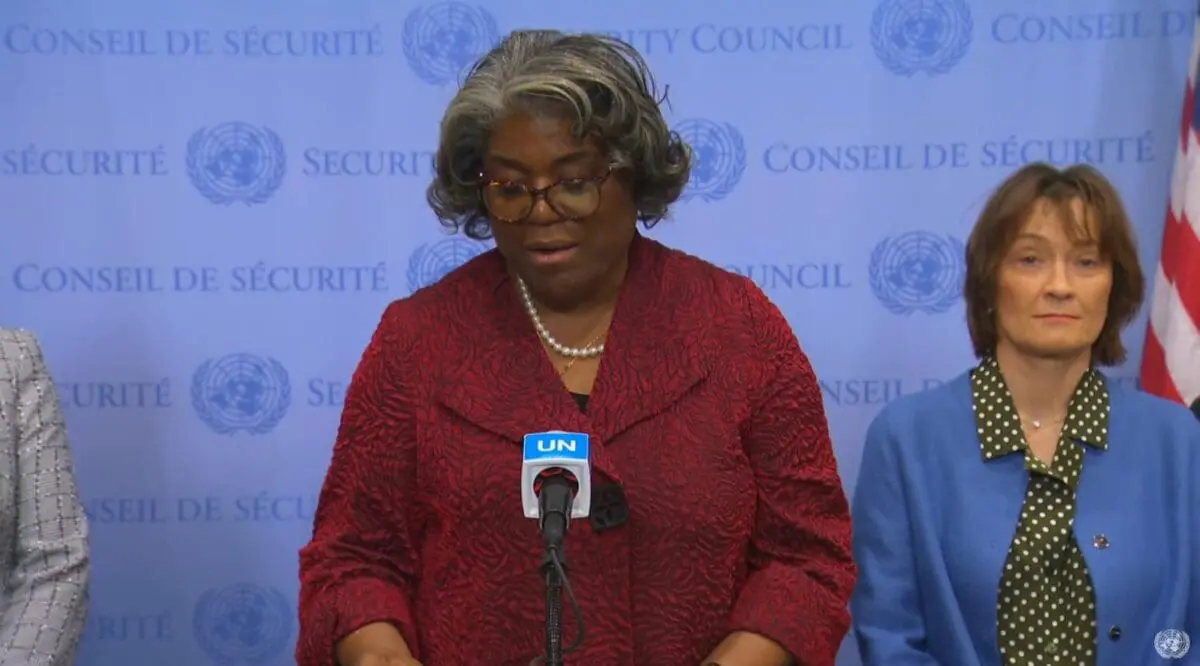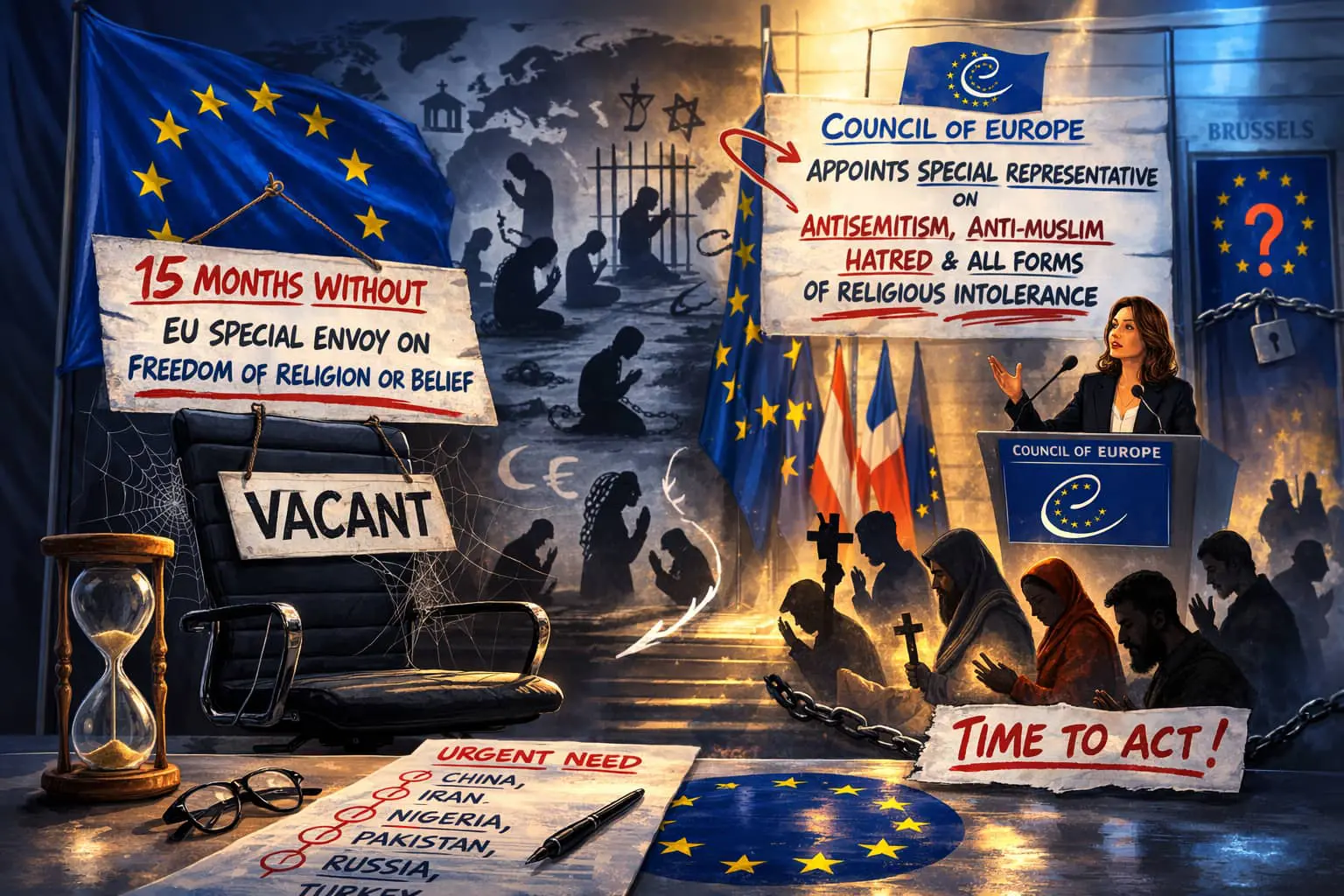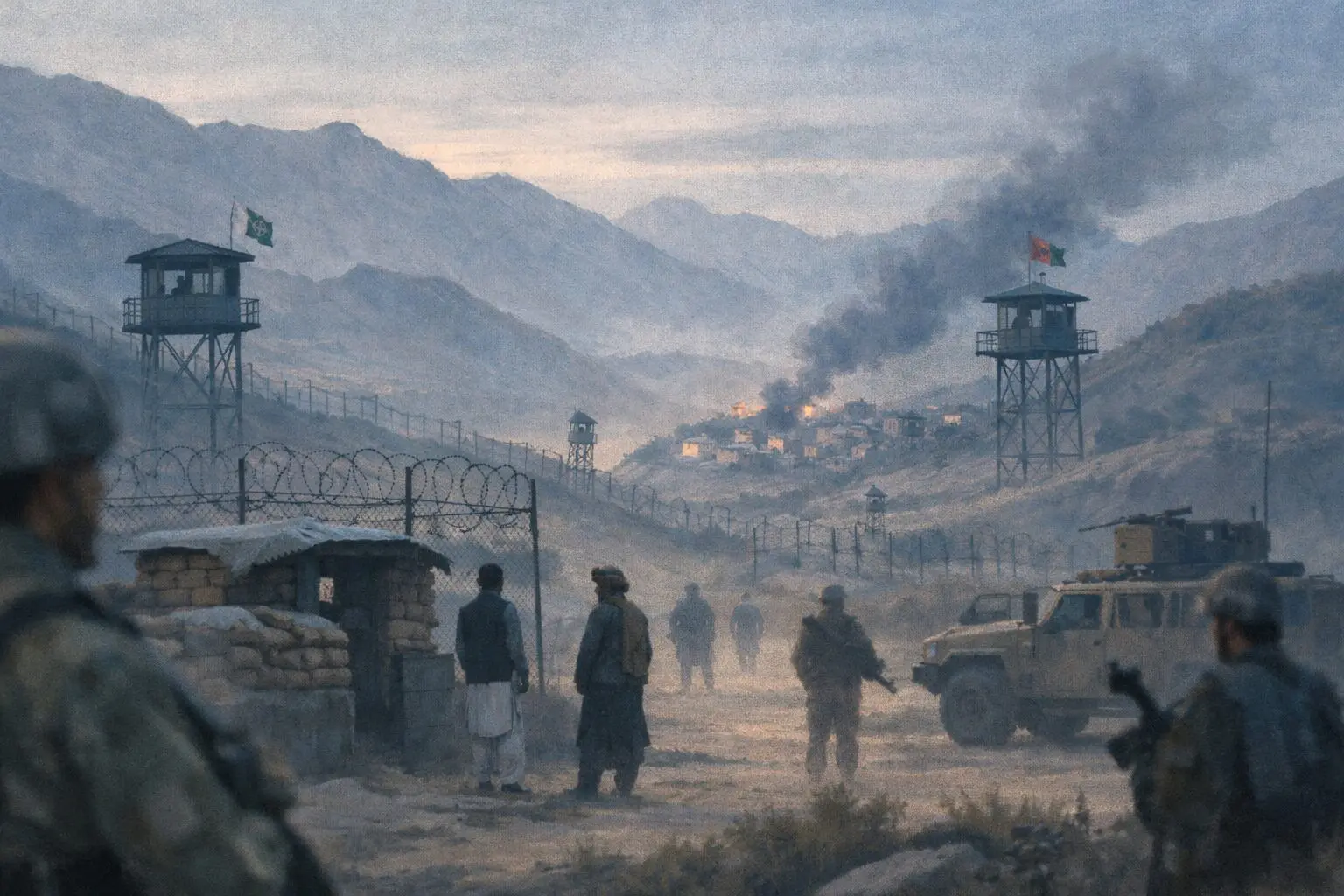On behalf of the current and incoming Security Council signatories to the shared commitments on the Women, Peace, and Security (WPS) agenda, a coalition of nations including Ecuador, France, Guyana, Japan, Malta, Sierra Leone, Slovenia, Switzerland, the Republic of Korea, the United States, the United Kingdom, Denmark, Greece, and Panama have reaffirmed their unwavering dedication to advancing this vital initiative. This declaration underscores the enduring importance of intergenerational dialogue and the full, equal, meaningful, and safe participation of women in all aspects of peace and security processes.
The Context: Global Conflicts and Their Disproportionate Impact on Women
In the decades since the adoption of UN Security Council Resolution 1325, the world continues to grapple with alarmingly high rates of armed conflict. These conflicts have devastating consequences, disproportionately affecting women and girls of all ages. Women face heightened risks of sexual and gender-based violence, including conflict-related sexual violence, alongside widespread violations of their human rights and breaches of international humanitarian law.
The prevention, cessation, and punishment of such violations are imperative for achieving sustainable peace and security. It is essential that the global community continues to denounce these atrocities and hold perpetrators accountable.
Women’s Contributions to Peace and Security
History demonstrates that the most successful peace and security processes have benefited immensely from the inclusion of women from diverse societal strata. Despite this, too many peace processes still fail to provide women with meaningful opportunities to participate.
The African Union has set a laudable example, recently committing to a 30% quota for women’s participation in conflict prevention and management missions, peace processes, and election observation missions. The UN Secretary-General’s Common Pledge initiative also reflects promising progress by encouraging mediation actors to take concrete steps to ensure women’s active participation in peace processes.
Expanding Representation Through CEDAW’s General Recommendation No. 40
The recent launch of CEDAW’s General Recommendation No. 40-2024, which emphasizes the equal and inclusive representation of women in decision-making systems, presents a timely opportunity to further elevate women’s roles in peacebuilding. By fostering avenues for women of diverse backgrounds to engage meaningfully in peace and security processes, the international community can strengthen judicial and security sectors while empowering women and girls through knowledge, skills, and capacity building.
The Role of Intergenerational Dialogue
Intergenerational partnerships remain pivotal to advancing and sustaining the gains achieved under Resolution 1325 and its successors. These partnerships institutionalize gender-responsive approaches, foster solidarity across generations, and safeguard against regression in rights or representation.
A Call for Action: Investment and Commitment
To ensure the success of the Women, Peace, and Security agenda, increased investment and focused initiatives are essential. The UN Security Council and its member states must prioritize gender-responsive approaches through peacekeeping mandates, sanctions, accountability mechanisms, and monitoring frameworks. Additionally, humanitarian actions and protective efforts must incorporate gender considerations at every stage.
The United States, in its national capacity, serves as a testament to the importance of women’s leadership in diplomacy. For over 15 years, women have helmed the U.S. mission to the United Nations, a legacy of representation that continues to inspire.
The path forward is clear: Member States must promote the rights of women and ensure their full, equal, and meaningful participation at every phase and level of peace and security processes. Only through sustained commitment, innovation, and implementation of the WPS agenda can the international community fulfill its mandate to maintain international peace and security for all.
This reaffirmation by the Security Council signatories serves as a rallying cry for global action and progress in achieving these shared goals. Let us collectively work towards a future where women’s voices and contributions are integral to building a more peaceful, secure, and equitable world.






